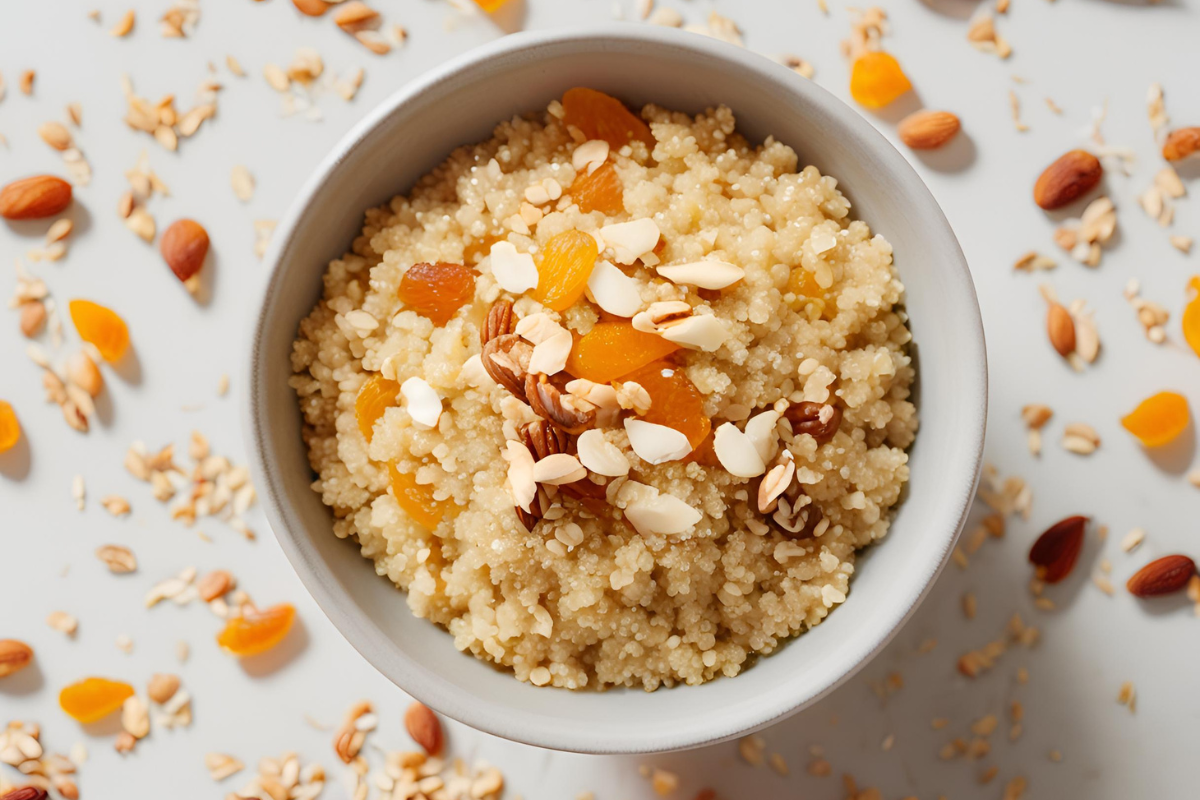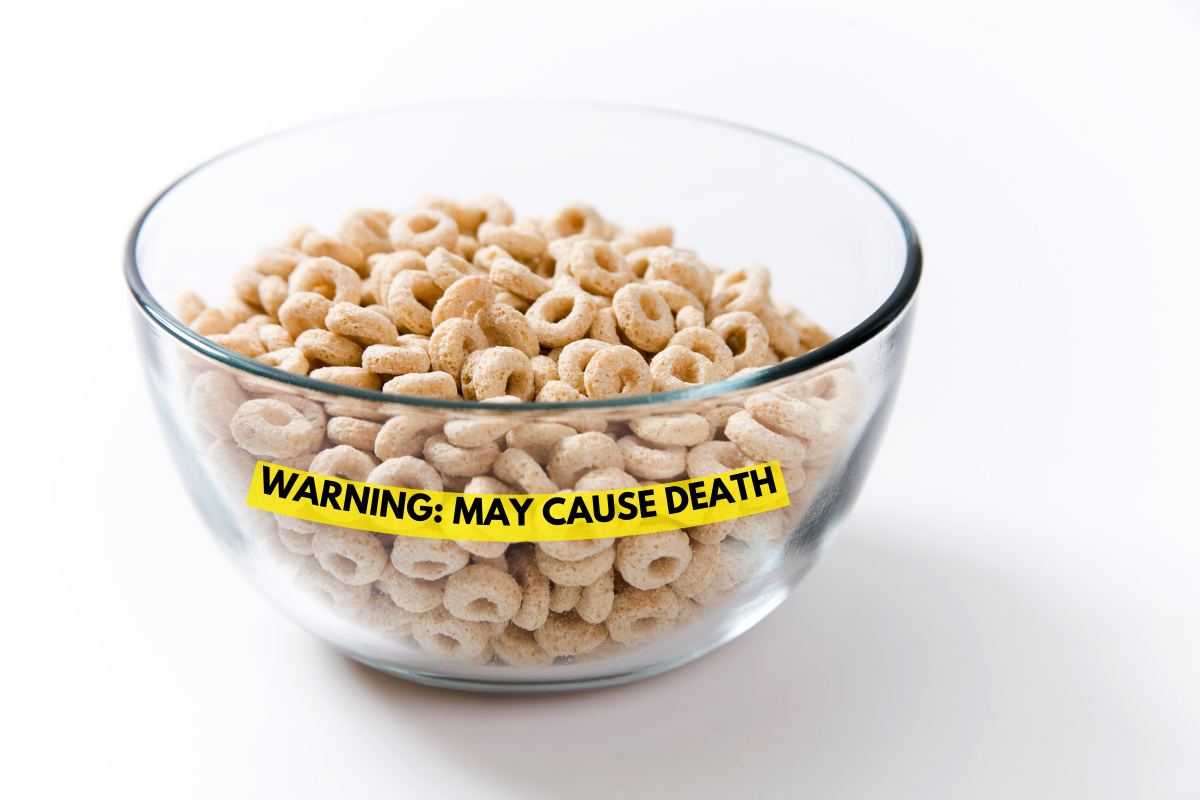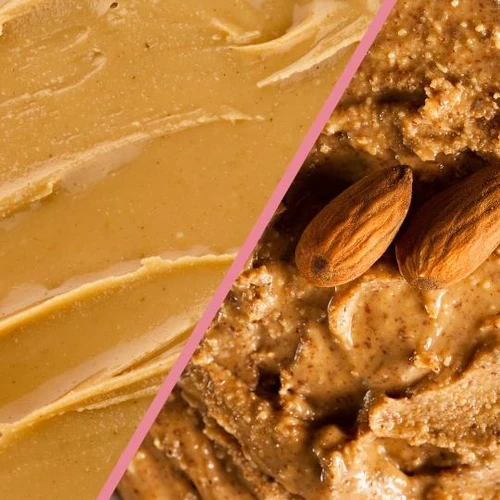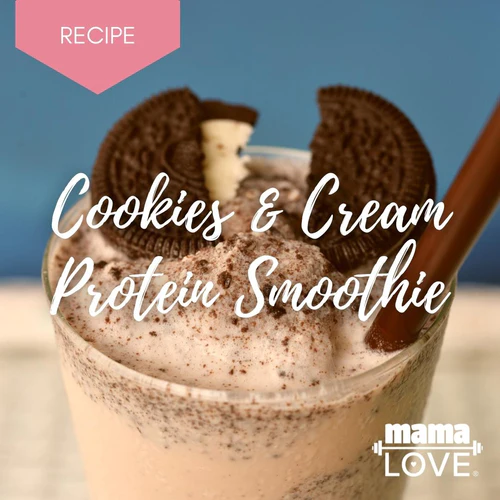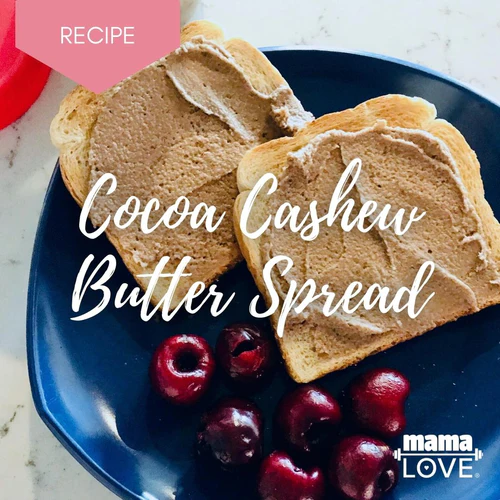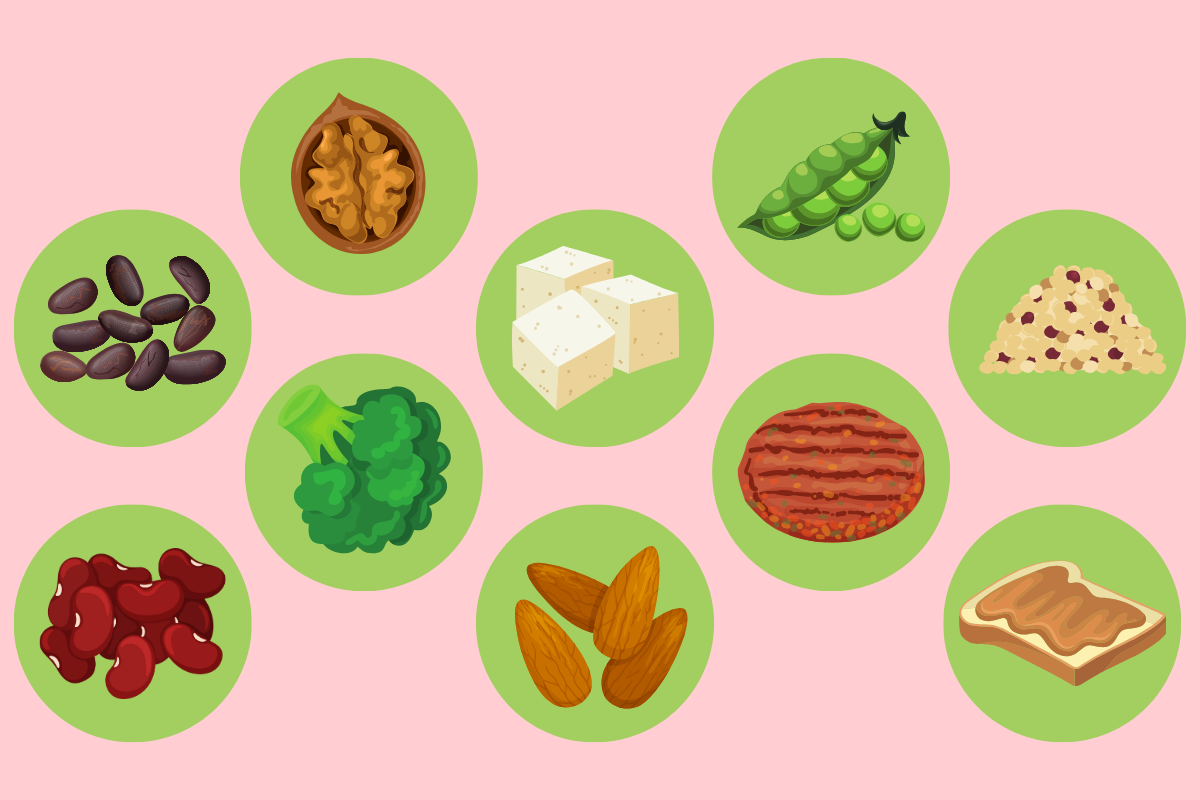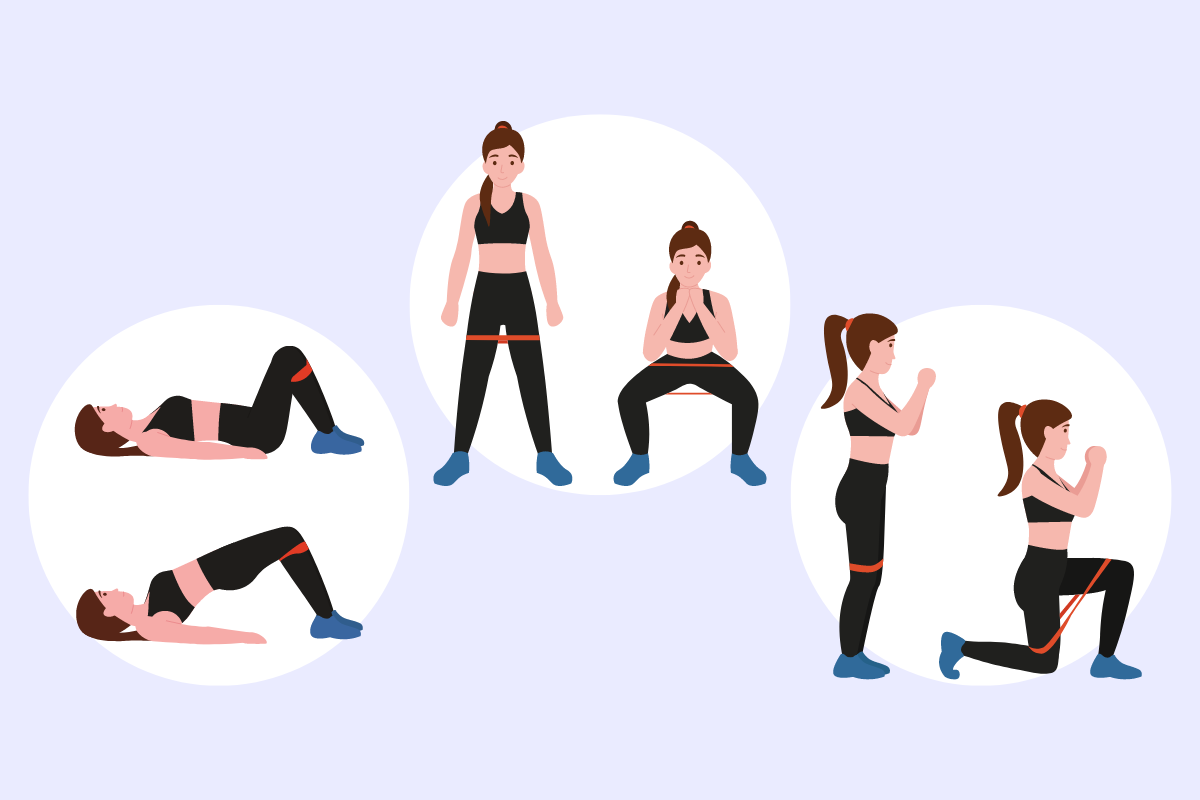
You’ve seen them on top of muffins and probably thought, “ho hum,” but flaxseeds are anything-but-boring—especially if you just finished a tough workout or need to pump some milk. When you grind the tiny suckers up, flaxseeds are a surprisingly potent source of fiber (we’re talking keep-you-regular levels), omega-3 fatty acids, and phytoestrogens.
Flaxseeds Can Ease Post-Workout Muscle Soreness
Flaxseeds are rich in alpha-linolenic acid (ALA), an omega-3 fatty acid—in fact, it’s the most you’ll find in a vegetarian source. Consuming omega-3s from flaxseeds has been linked to a reduced risk of several health conditions, including cardiovascular disease, diabetes, arthritis, and osteoporosis, and it’s been shown to support the immune system (1).
All those omega-3s are good news for muscles post-workout, too. A study published in the Journal of Sports Science & Medicine shows omega-3 supplements were able to minimize the severity of delayed-onset muscles soreness, or DOMS, in exercisers who completed an intense biceps workout (2). (DOMS is that “Oh crap—what have I done to myself?!” muscle discomfort that typically shows up a day or two after a super-hard training session.)
Flaxseeds Are Also Good for Breastfeeding
Ground flaxseeds are often listed as galactagogues (foods believed to boost breast milk production) and have been used in traditional medicine practices to help clear up mastitis. Studies show flaxseeds can decrease inflammation in breast tissue (3), which is typically a pre-cursor to those painful clogs.
Flaxseeds are loaded with antioxidants and lignans, phytoestrogen compounds that may help to reduce breast cancer risk (4, 5) and mimic the effects of natural estrogen in the body to enhance and stimulate breast milk production in nursing moms (6). That’s a lot of research to say: This stuff can keep breasts healthy and get milk flowing.
What’s more, flaxseeds are shown to be safe for breast milk (7) and some research even links increased levels of alpha-linolenic acid (ALA) in mother’s milk to improved brain development in babies (8).
Sources:
- Goyal, A., Sharma, V., Upadhyay, N. et al. Flax and flaxseed oil: an ancient medicine & modern functional food. J Food Sci Technol 51, 1633–1653 (2014).
- Jouris KB, McDaniel JL, Weiss EP. The Effect of Omega-3 Fatty Acid Supplementation on the Inflammatory Response to eccentric strength exercise. J Sports Sci Med. 2011;10(3):432‐438. Published 2011 Sep 1.
- Mirghafourvand M, Mohammad-Alizadeh-Charandabi S, Ahmadpour P, Javadzadeh Y. Effects of Vitex agnus and Flaxseed on cyclic mastalgia: A randomized controlled trial. Complement Ther Med. 2016;24:90‐95. doi: 10.1016/j.ctim.2015.12.009
- Thompson LU, Chen JM, Li T, Strasser-Weippl K, Goss PE. Dietary flaxseed alters tumor biological markers in postmenopausal breast cancer. Clin Cancer Res. 2005;11(10):3828‐3835. doi: 10.1158/1078-0432.CCR-04-2326
- Lowcock EC, Cotterchio M, Boucher BA. Consumption of flaxseed, a rich source of lignans, is associated with reduced breast cancer risk. Cancer Causes Control. 2013;24(4):813‐816. doi: 10.1007/s10552-013-0155-7
- Gibson, R.A., Muhlhausler, B. and Makrides, M. (2011), Conversion of linoleic acid and alpha‐linolenic acid to long‐chain polyunsaturated fatty acids (LCPUFAs), with a focus on pregnancy, lactation and the first 2 years of life. Maternal & Child Nutrition, 7: 17-26. doi: 1111/j.1740-8709.2011.00299.x
- Drugs and Lactation Database (LactMed) [Internet]. Bethesda (MD): National Library of Medicine (US); 2006-. Flaxseed. [Updated 2018 Dec 3].
- Udell T, Gibson RA, Makrides M; PUFA Study Group. The effect of alpha-linolenic acid and linoleic acid on the growth and development of formula-fed infants: a systematic review and meta-analysis of randomized controlled trials. Lipids. 2005;40(1):1‐11. doi: 10.1007/s11745-005-1354-8

